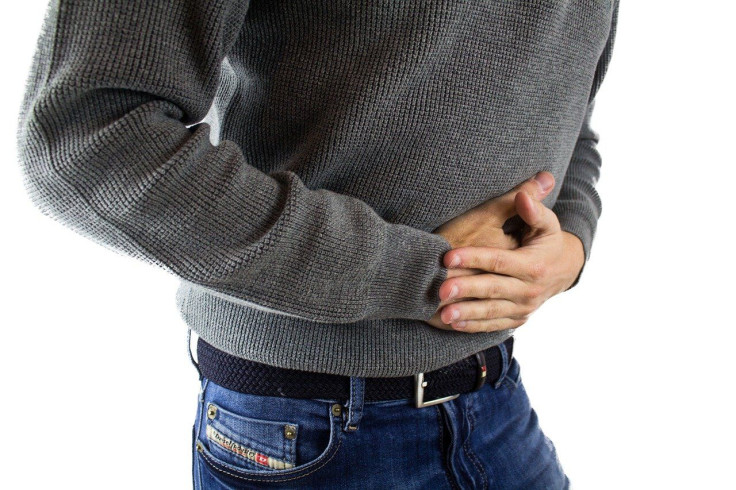A Coronavirus Symptom To Watch Out For When Going To The Toilet

KEY POINTS
- The government imposes more stringent measures to curb the spread of the virus
- Health experts reveal common and lesser-known symptoms of COVID-19
- Diarrhea is identified as among the lesser symptoms of coronavirus
The grim statistics tell it all. There are now 2,626 cases of coronavirus infections in the UK, of which 104 has already died and another 20 in critical or serious condition. With the specter of an Italian-type escalation rapidly approaching, the UK Prime Minister, Boris Johnson, has announced a series of new and stringent measures to stop the pathogen’s spread. The new measures also aim to protect groups largely seen as vulnerable and at high risk if infected with COVID-19.
Central to the message of the PM during the press conference is that the general public must avoid all non-essential travel. This approach is seen to have huge-scale implications, socially and economically, across the country.
In light of the increasing death toll and strict government action, people will become more aware of the developing symptoms of coronavirus. It is the hope of the government that people will see the importance of recognizing potential warning signs and perform necessary measures to protect themselves and their loved ones.
Main Symptoms Of Coronavirus
Public health bodies have identified the main symptoms that everyone should watch out for. This includes having a high temperature and suffering from a new and continuous cough. By high temperature, this means your chest or back will start feeling hot to touch. A new and continuous cough, on the other hand, means that you recently began to cough repeatedly.
Lesser-known symptoms of coronavirus infection include having a runny nose, nasal congestion, suffering from a sore throat, and feeling aches and pains in various parts of your body. The World Health Organization has also included another lesser-known symptom, which has been observed in some patients suffering from COVID-19. According to the health body, some patients reported suffering from diarrhea from the early stages to the advanced stage of the infection.
The WHO said that all of the coronavirus symptoms often begin gradually and are usually mild at the early stage. There are also instances of people becoming infected with the virus but did not develop any symptoms. These types of patients also reported feeling nothing unusual.
Doing The Right Thing
Public Health England says, however, that if you start showing some mild symptoms, you need to immediately self-isolate for at least seven days from the time the symptoms manifested. The UK health body puts greater emphasis on isolating and distancing yourself from those regarded as at high risk or vulnerable to developing life-threatening symptoms and complications from coronavirus infection.
According to PHE, those considered at high risk are persons 70-years-old and above regardless of any health conditions, below 70-years-old but with underlying medical conditions, and those with chronic ailments. These long-term diseases include chronic liver diseases like hepatitis, chronic heart disease, chronic kidney disease, chronic neurological conditions like Parkinson’s, diabetes, and chronic respiratory diseases like asthma and COPD. Those with spleen problems or have had their spleen removed are also at greater risk.
Patients with a weak immune system due to steroid medications, chemotherapy treatment, or suffering from HIV and AIDs are also classified as most vulnerable if infected with COVID-19. Those who are obese or seriously overweight and pregnant women have also been included in the list.
© Copyright IBTimes 2024. All rights reserved.





















